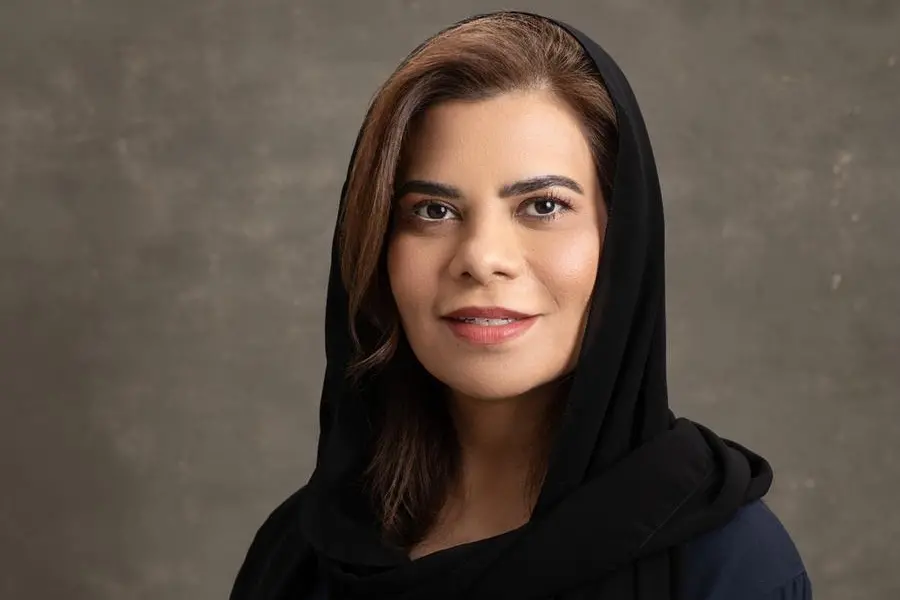PHOTO
MIT and The Bahrain Institute for Pearls & Gemstones (DANAT) have established a research collaboration to develop advanced characterization tools for the analysis of the properties of pearls and to explore technologies to assign unique identifiers to individual pearls.
The three-year project will be led by Admir Mašić, associate professor of Civil and Environmental Engineering, in collaboration with Vladimir Bulović, the Fariborz Maseeh Chair in Emerging Technology and professor of Electrical Engineering and Computer Science.
“Pearls are extremely complex and fascinating hierarchically ordered biological materials that are formed by a wide range of different species,” says Mašić. “Working with DANAT provides us a unique opportunity to apply our lab’s multi-scale materials characterization tools to identify potentially species-specific pearl fingerprints, while simultaneously addressing scientific research questions regarding the underlying biomineralization processes that could inform advances in sustainable building materials.”
DANAT is a gemological laboratory specializing in the testing and study of natural pearls as a reflection of Bahrain’s pearling history and desire to protect and advance Bahrain’s pearling heritage. DANAT’s gemologists support clients and students through pearl, gemstone, and diamond identification services, as well as educational courses.
Like many other precious gemstones, pearls have been man-made through scientific experimentation, says Noora Jamsheer, chief executive officer at DANAT. Over a century ago, cultured pearls entered markets as a competitive product to natural pearls, similar in appearance but different in value.
“Gemological labs have been innovating scientific testing methods to differentiate between natural pearls and all other pearls that exist because of direct or indirect human intervention. Today the world knows natural pearls and cultured pearls. However, there are also pearls that fall in between these two categories,” says Jamsheer. “DANAT has the responsibility, as the leading gemological laboratory for pearl testing, to take the initiative necessary to ensure that testing methods keep pace with advances in the science of pearl cultivation.”
Titled “Exploring the Nanoworld of Biogenic Gems,” the project will aim to improve the process of testing and identifying pearls by identifying morphological, micro-structural, optical, and chemical features sufficient to distinguish a pearl’s area of origin, method of growth, or both. MIT.nano, MIT’s open-access center for nanoscience and nanoengineering, will be the organizational home for the project, where Mašić and his team will utilize the facility’s state-of- the-art characterization tools.
In addition to discovering new methodologies for establishing a pearl’s origin, the project aims to utilize machine learning (ML) to automate pearl classification. Furthermore, researchers will investigate techniques to create a unique identifier associated with an individual pearl.
The initial sponsored research project is expected to last three years, with potential for continued collaboration based on key findings or building upon the project’s success to open new avenues for research into the structure, properties, and growth of pearls.
-Ends-
About DANAT
The Bahrain Institute for Pearls and Gemstones (DANAT) is a world-class gemological laboratory, education, and research center, specializing in the testing and study of natural pearls as a reflection of Bahrain’s ancient pearling history and desire to protect and advance Bahrain’s pearling heritage. DANAT’s expert team of gemmologists supports clients and students from around the world through pearl, gemstone, and diamond identification services, as well as teaching a range of educational courses and internationally recognized gemological qualifications.
As a result, DANAT plays a vital role in upholding public trust in the jewelry and gemological community. DANAT’s specialist gemological research and commitment to innovative technologies enable DANAT to make meaningful contributions to gemological fields of study.
DANAT was established in 2017 as a wholly owned subsidiary of the Bahrain Mumtalakat Holding Company (Mumtalakat), the sovereign wealth fund of the Kingdom of Bahrain.
About MIT.nano
MIT.nano is an advanced facility for nanoscience and nanoengineering at the Massachusetts Institute of Technology. Located in the heart of the MIT campus, the facility provides shared equipment, specialized environments, and support from highly qualified technical staff to any faculty member, researcher, student, or qualified partner who needs these resources to advance their investigations.
Researchers from MIT constitute the primary user community; individuals from other academic institutions, industry collaborators, member companies in the MIT.nano Consortium, and other external organizations may also access MIT.nano. Sharing resources through MIT.nano enables the MIT community to acquire the state-of-the-art equipment that would be challenging for individual labs or departments to afford or maintain on their own. The ample size of the 200,000-square-foot research facility also allows MIT to look beyond the present state-of-the-art by seeding dedicated lab spaces where new nanoscience and nanotechnology tools, instruments, processes, and techniques can be reinvented.
For more information, visit https://news.mit.edu/2023/exploring-nanoworld-biogenic-gems-0320
FOR MIT NEWS WEBSITE
MIT.nano: https://mitnano.mit.edu
Admir Mašić: https://cee.mit.edu/people_individual/admir-masic/
Vladimir Bulović: https://www.eecs.mit.edu/people/vladimir-bulović/
School of Engineering: https://engineering.mit.edu




















